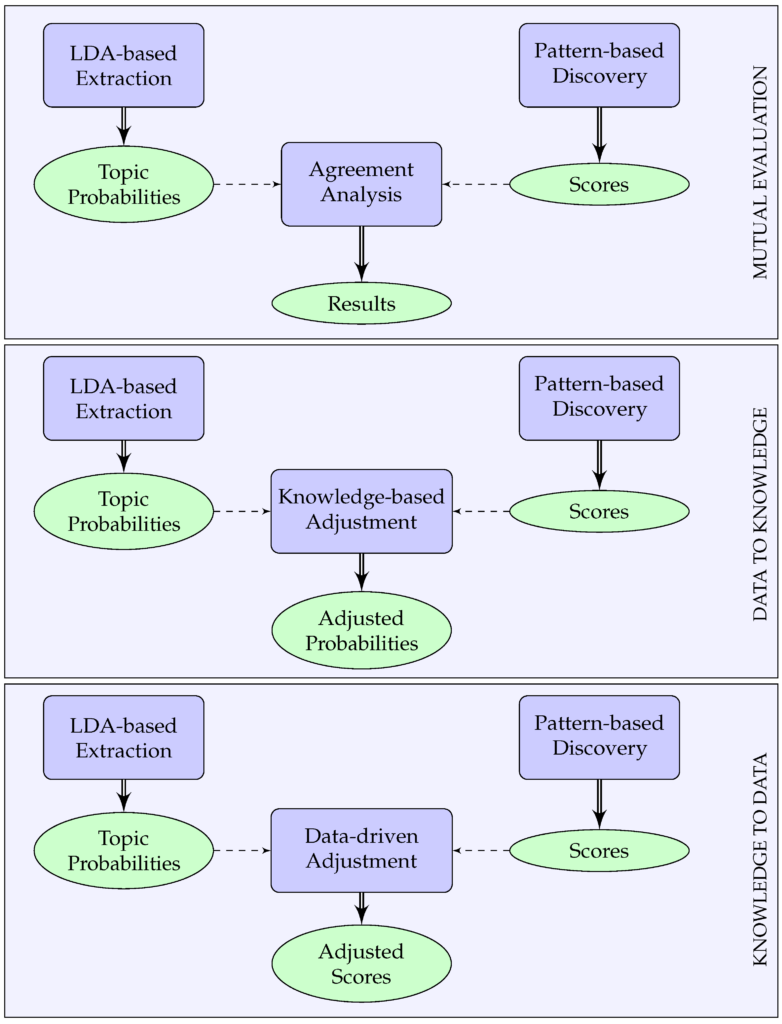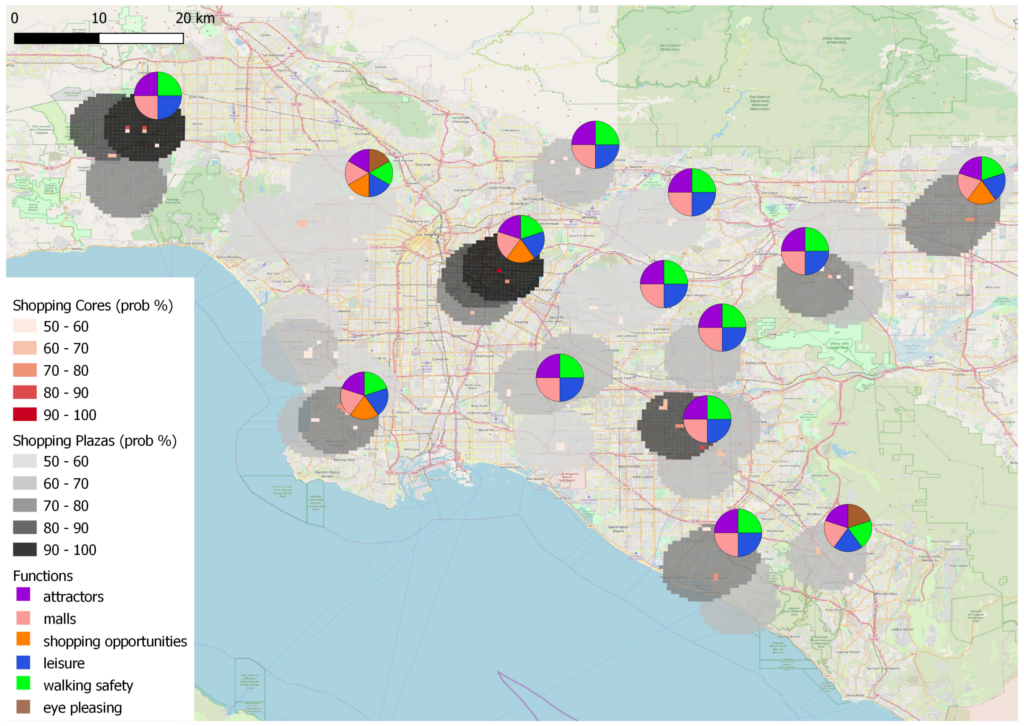Recently, Dr. Song Gao (Co-PI) received a NSF grant together with Dr. Qunying Huang (PI), Dr. Daniel Wright (Co-PI), Dr. Nick Fang (Co-PI), and Dr. Yi Qiang (Co-PI).
Title: A GeoAI Data-Fusion Framework for Real-Time Assessment of Flood Damage and Transportation Resilience by Integrating Complex Sensor Datasets
Abstract: Traditional modeling approaches for flood damage assessment are often labor-intensive and time-consuming due to requirements for domain expertise, training data, and field surveys. Additionally, the lack of data and standard methodologies makes it more challenging to assess transportation network resilience in real-time during flood disasters. To address these challenges, this project aims to integrate novel data streams from both physical sensor networks (e.g., remotely-sensed data using unmanned aerial vehicles [UAVs]), and citizen sensor networks (e.g., crowdsourced traffic data, social media and community responsive teams connected through a developed mobile app). The goal is to develop a framework for real-time assessment of damage and the resilience of urban transportation infrastructures after coastal floods via the state-of-the-art computer vision, deep learning and data fusion technologies. The project will also advance Data Science through multi-disciplinary and multi-institutional collaborations. The project is expected to improve the sustainability, resilience, livability, and general well-being of coastal communities by having a direct impact on the effectiveness, capability, and potential of using both physical and social sensor data. This will in turn enable and transform damage assessments, and identify critical and vulnerable components in transportation networks in a more effective and efficient manner. The interdisciplinary research team, along with students and collaborators from different coastal regions, will facilitate the sharing of knowledge and technologies from different socio-environmental contexts and testing the transferability of the research outcomes.
The project will harmonize physical and citizen sensors within a geospatial artificial intelligence (GeoAI) data-fusion framework with a focus on three research thrusts: (1) unsupervised flood extent detection by integrating UAV images collected throughout this project with existing geospatial data (e.g., road networks and building footprints); (2) flood depth estimation using deep learning and computer vision techniques combined with crowdsourced photos and UAV imagery; and (3) assessment of the impact on and resilience of transportation networks based on near real-time flood and damage information. The innovative methodology will be demonstrated and deployed through collaborative efforts in response to future flood events as well as several historical storms. The project will produce open-source algorithms for future educational use, raw and processed datasets and associated processing software, a mobile app to engage community responsive science teams, and three research publications.
Source: https://www.nsf.gov/awardsearch/showAward?AWD_ID=1940091

